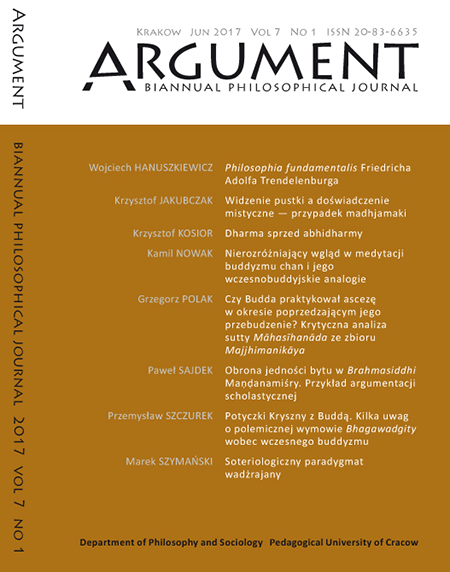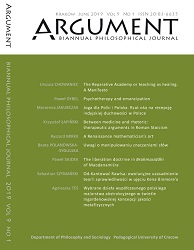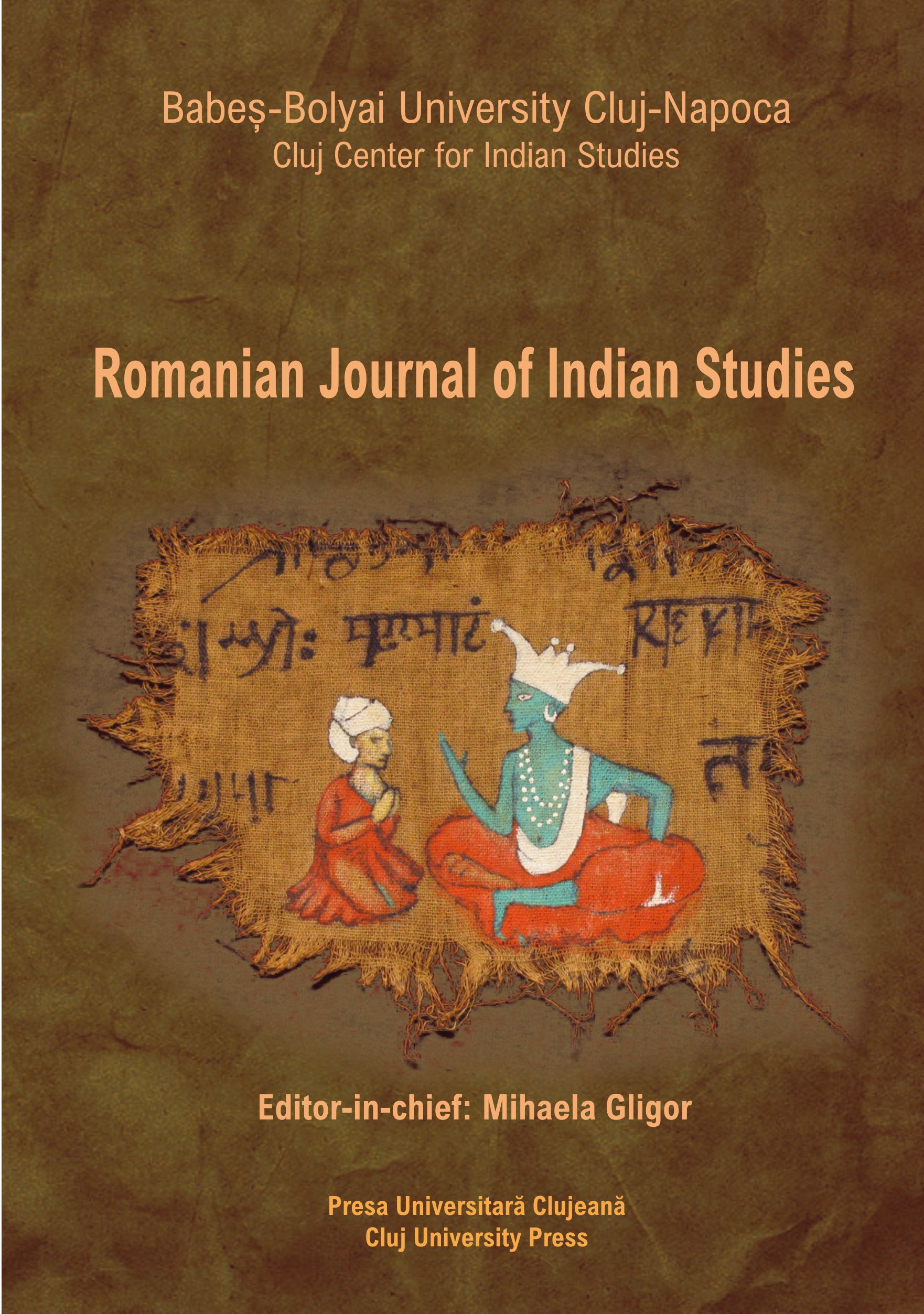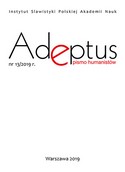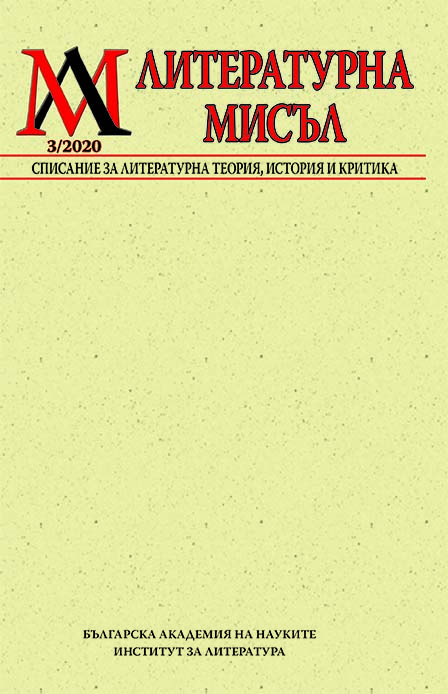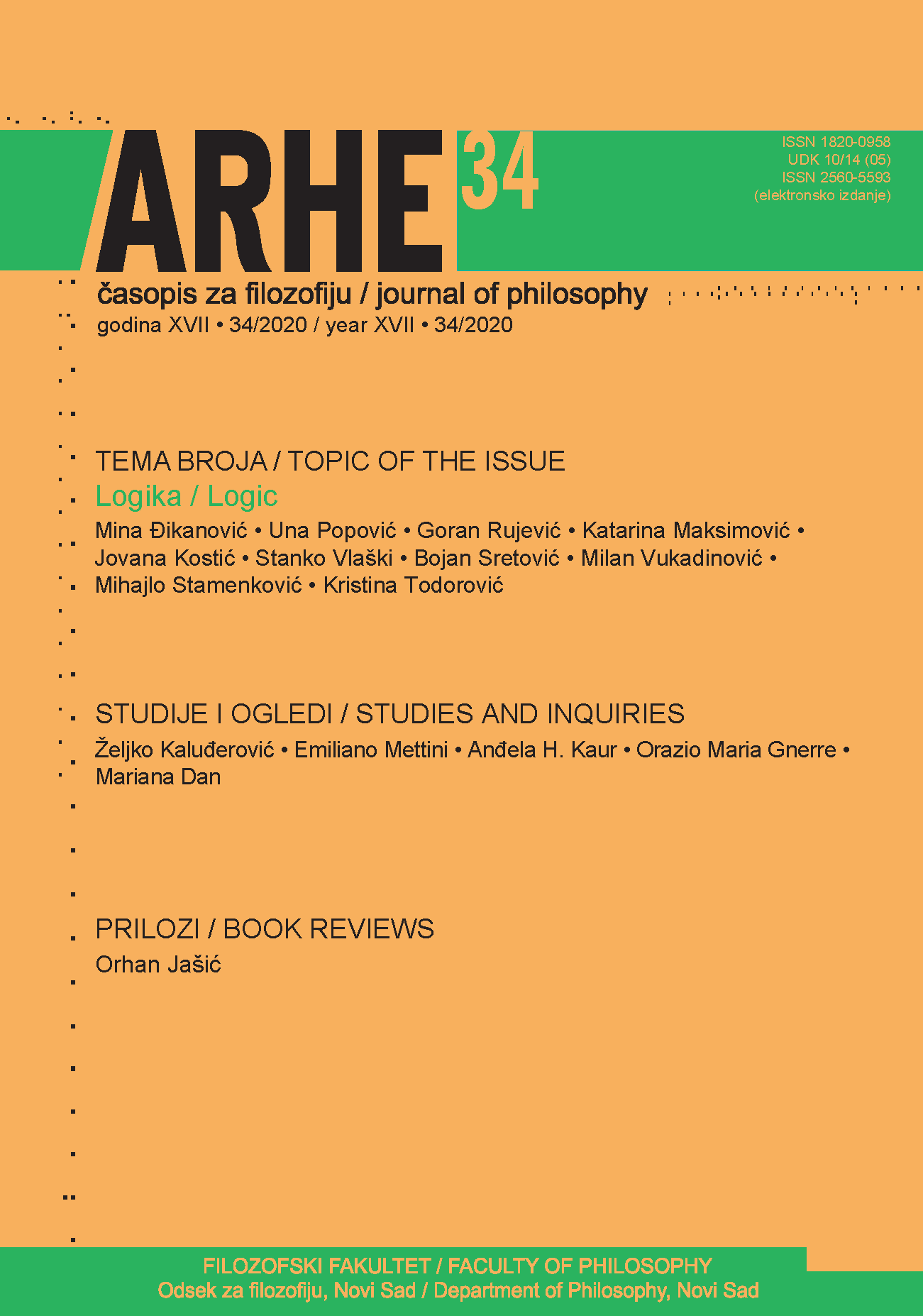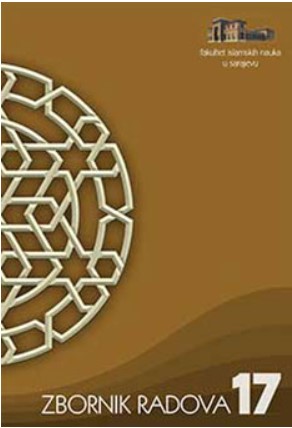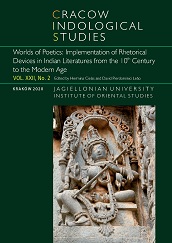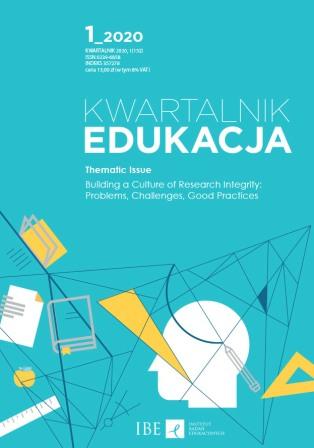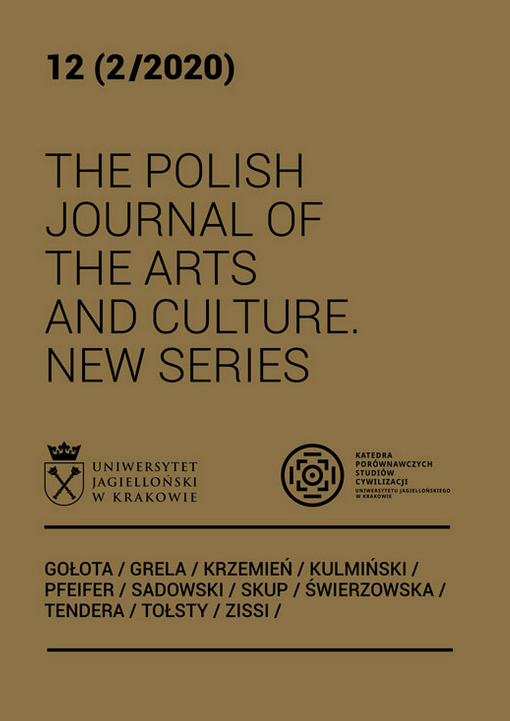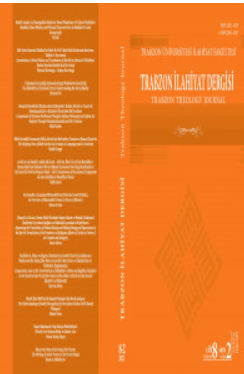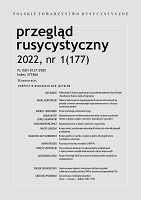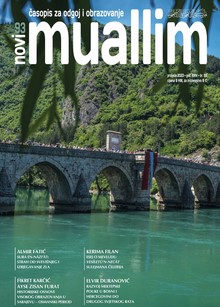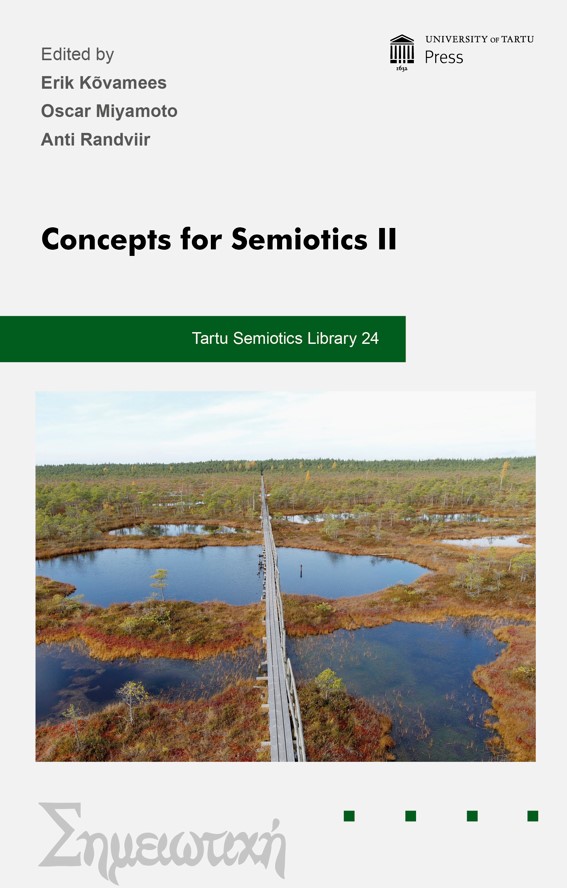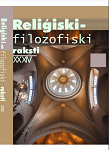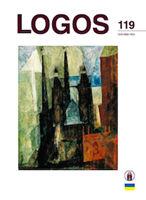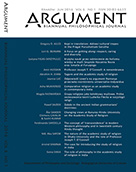
The concept of ‘transcendence’ in modern Western philosophy and in twentieth century Hindu thought
‘Transcendence’ has been a key subject of Western philosophy of religion and history of ideas. The meaning of transcendence, however, has changed over time. The article looks at some perspectives offered by the nineteenth and the twentieth century Anglo American and continental European philosophers of religion and presents their views in relation to the concept of transcendence formulated by the Bengali Hindu traditionalist Bhaktisiddhanta Sarasvati (1874–1937). The questions raised are what transcendence in the philosophy of religion is, how one can speak of it, and what its goal is. The paper points to parallels and differences in epistemology, ontology and practice. One difference is that the nineteenth and the twentieth century Western philosophy of religion tended to assume an ontological difference between self and transcendence inherited from personalities such as Søren Kierkegaard, but also to explore the concept of transcendence beyond the idea of a metaphysical God. Bhaktisiddhanta, whose foundational thought mirrors medieval Hindu philosophy of religion and the theistic schools of Vedānta, suggests that transcendence has a metaphysical and personal dimension that is to some degree ontologically similar to and directly knowable by the self. Bhaktisid dhanta’s approach to transcendence differs from Kierkegaard’s and other Western philosophers’ and revolves around the idea of God as a transcendent person that can be directly known morphologically and ontologically through devotion. The article is a contribution to the history of ideas and the philosophy of religion in Eurasia and beyond.
More...
